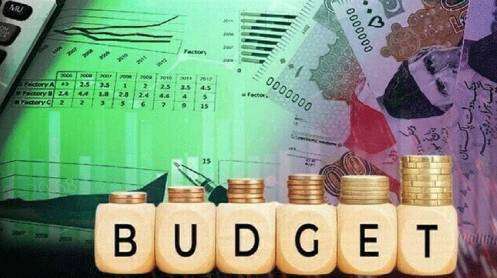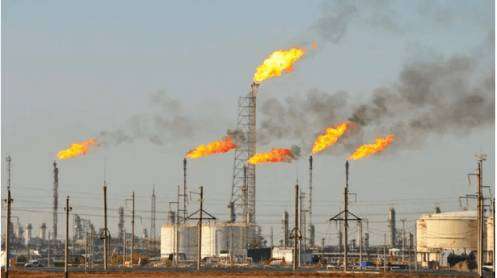ISLAMABAD: With limited room for fresh tax measures, the Shehbaz Sharif-led coalition government is pivoting from “broadening the tax base” to a new rhetoric of “equity,” effectively justifying higher taxes on lower-income groups as it targets a record Rs14 trillion in revenue for FY2025-26 — a 22% increase over the outgoing fiscal year.
In line with IMF commitments, the government estimates autonomous revenue at Rs12.845 trillion, based on 4.2% GDP growth and 7.5% inflation. To bridge the gap, new tax measures worth Rs655 billion and enforcement-driven revenue of Rs400 billion are on the table, pending cabinet approval ahead of Finance Minister Muhammad Aurangzeb’s budget speech.
Despite ambitious goals, the Federal Board of Revenue (FBR) continues to face criticism over weak enforcement and sluggish field operations. Previous initiatives, like providing operational vehicles to tax officers, were scrapped after internal opposition, and structural reforms remain elusive.
Taxation is set to increase across several sectors. Withholding tax rates will rise on dividends, stock trades, and financial transactions. A proposed shift will impose higher taxes on cash-based transactions and lower rates on digital payments — replacing the filer/non-filer model.
A new wave of taxation is expected to hit solar panels, processed foods, and a potential carbon tax. These moves have sparked concern among businesses, especially in the renewable energy sector, where a tax on solar panels could reverse progress on clean energy adoption amid ongoing energy shortages and soaring electricity costs.
The government plans to exempt fertilisers and pesticides from taxes for another year, offering relief to the agriculture sector. Additionally, relief is expected for the salaried class, with proposals to raise the exemption threshold and reduce tax rates for monthly incomes around Rs100,000.
Still, the fiscal roadmap faces hurdles. Revenue collection is projected to suffer from lower import duties and limited development spending, as the federal Public Sector Development Programme (PSDP) lags behind Punjab and Sindh’s allocations. The federal government is also unusually requesting provincial contributions to fund dam projects — a sign of its fiscal strain.
Former FBR chairman Dr. Irshad Ahmed criticised the government’s overreliance on policy tweaks, stressing that without enforcement reforms and field-level engagement, revenue measures will disproportionately burden existing taxpayers while failing to capture those outside the tax net.
The government is also considering extending taxes to the previously exempt former FATA and PATA regions beyond June 2025. Meanwhile, the Sindh government has urged restraint on new taxes, particularly in agriculture.
In the absence of meaningful structural reform, experts warn that the government’s push for equity could end up being regressive, squeezing households and industries already under pressure, while doing little to solve Pakistan’s chronic revenue shortfalls.
Story by rates
Mubarak Zeb Khan







